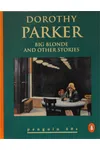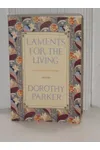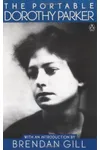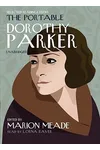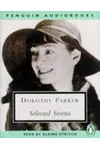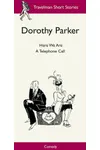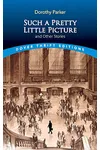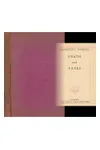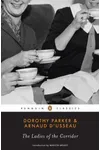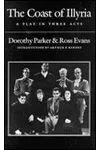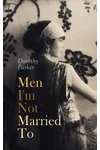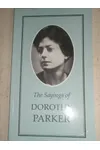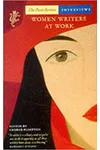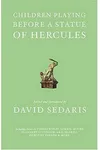Picture a sharp-tongued poet and critic who turned wit into an art form—meet Dorothy Parker! Born in 1893, this American literary icon captivated readers with her biting humor and unflinching social commentary. From her days at the Algonquin Round Table to her contributions to The New Yorker, Parker’s words still sparkle with relevance.
With a knack for exposing the absurdities of high society and the human heart, Parker’s poetry, short stories, and essays remain timeless. Ready to dive into her world of clever quips and poignant truths? Let’s explore the life and legacy of this literary legend.
The Making of Dorothy Parker
Dorothy Parker was born on August 22, 1893, in Long Branch, New Jersey, to a wealthy family. Her early life was marked by tragedy—her mother died when she was young, and her father’s remarriage brought tension. Despite this, Parker’s sharp mind found solace in reading and writing. By her teens, she was crafting poems, honing the wit that would define her career. After selling her first poem to Vanity Fair in 1914, she joined the magazine’s staff, kicking off a dazzling literary journey.
Moving to New York City, Parker immersed herself in the vibrant literary scene. Her charm and quick humor made her a standout, and by the 1920s, she was a founding member of the Algonquin Round Table, a group of writers and intellectuals who met daily to trade barbs and ideas. This era shaped her voice—bold, satirical, and unafraid to challenge norms.
Dorothy Parker’s Unforgettable Works
Parker’s writing spanned poetry, short stories, and criticism, all infused with her signature wit. Her first poetry collection, Enough Rope (1926), became a bestseller, blending dark humor with raw emotion. Poems like “Résumé” tackled heavy themes like despair with a deceptively light touch, earning her critical acclaim.
Her short stories, often published in The New Yorker, were equally impactful. “Big Blonde” (1929), a poignant tale of a woman’s descent into alcoholism, won the O. Henry Award for its unflinching honesty. Parker’s prose dissected gender roles, class divides, and human folly, often with a single, cutting line. Her reviews as The New Yorker’s theater critic, under the pseudonym Constant Reader, were legendary—one famously quipped that a play was “not so much a play as a series of unfortunate events.”
Parker’s style was concise yet evocative, her humor a shield for deeper truths. Whether mocking the pretensions of the elite or exposing the pain of unrequited love, her work resonated with readers for its authenticity and bite. Later works like After Such Pleasures (1933) and Here Lies (1939) cemented her reputation as a literary force.
Why Dorothy Parker Matters
Dorothy Parker’s influence extends far beyond her era. Her fearless commentary on society’s flaws—particularly around gender and class—paved the way for modern feminist writers. As a vocal advocate for civil rights and socialism, she used her platform to challenge injustice, even at personal cost, including being blacklisted during the McCarthy era. Her work remains a touchstone for writers who value wit as a tool for truth.
Today, Parker’s legacy endures in anthologies, theater adaptations, and the continued relevance of her observations. Her ability to blend humor with heartache ensures her stories and poems still resonate, offering both laughter and reflection to new generations.
About Dorothy Parker
- Born: August 22, 1893, Long Branch, New Jersey
- Key Works: Enough Rope (1926), “Big Blonde” (1929), After Such Pleasures (1933)
- Awards: O. Henry Award for “Big Blonde” (1929)
- Notable Role: Founding member of the Algonquin Round Table
Call to Action: Snag a copy of Enough Rope or “Big Blonde” and dive into Dorothy Parker’s world of wit and wisdom! Her words are as sharp and captivating today as ever.
